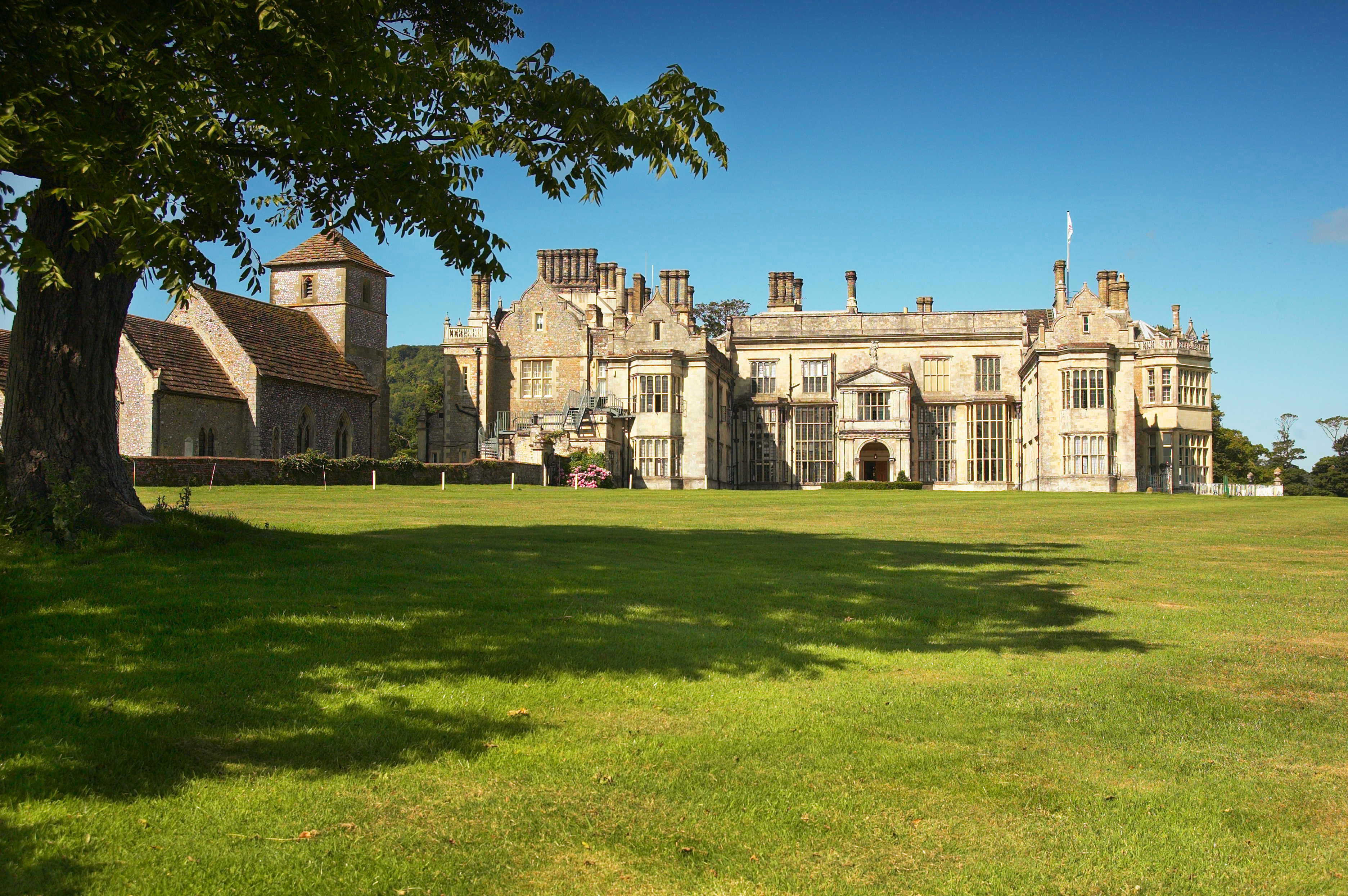Thinking Beyond the Dish: Taking In Vitro Neural Differentiation to the Next Level
Organisers: Denis Jabaudon and Madeline Lancaster
Date: 4 - 7 February 2018
Location: Wiston House, UK
The past few years have seen an explosion in techniques allowing in vitro neuronal differentiation from undifferentiated cells. These include both 2D and 3D approaches such as neural rosettes, cortical spheroids, and cerebral organoids. Although these approaches have been successful in providing the first in vitro models of certain neurological disorders, they are only currently able to recapitulate very early stages of brain development. Thus, their potential to model later events and give rise to in vivo-like neuronal circuits remain uncertain.
This Workshop aims to bridge developmental neurobiology, bioengineering, materials science, and computational biology to identify and address upcoming challenges in in vitro models of the brain, including early patterning, long-term survival, vascularization, 3D-structure, and circuit assembly.
Specific aims:
1. Brain and circuit development: what can we emulate in vitro?
2. New techniques in 3D brain organoids
3. Bioengineering and materials science: patterning tissues in vitro
4. Microfluidics and vascularisation in neural tissue engineering
Technologies allowing in vitro neuronal differentiation are relatively new and still actively being developed. A bottleneck in the development of these technologies has been the difficulty to bridge basic developmental cell biology with the fields of bioengineering and tissue engineering. These areas rarely meet at existing conferences, but there is increasing recognition that to move the field forward will require multidisciplinary approaches encompassing these various disciplines. This Workshop aims to bring together a multidisciplinary team of scientists from the fields of tissue engineering, developmental neuroscience, stem cell biology, and bioinformatics to discuss emerging strategies in this field, identify common aims, and develop translational approaches.
Organisers & speakers
Madeline Lancaster MRC Laboratory of Molecular Biology, UK
Randolph Ashton University of Wisconsin Madison, USA
James Briscoe The Francis Crick Institute, UK
Silvia Cappello Max Planck Institute of Psychiatry, Germany
Sharon Gerecht Johns Hopkins University, USA
Linda Griffith Massachusetts Institute of Technology, USA
Christopher Hughes University of California, Irvine, USA
Juergen Knoblich IMBA, Austria
Matthias Lutolf EPGL, Switzerland
Guo-Li Ming University of Pennsylvania, USA
Laurent Nguyen University of Louvain, Belgium
David Schaffer University of California, Berkeley, USA
Debra Silver Duke University, USA
Rosemary Smith University of Maine, USA
Barbara Treutlein Max Plank Institute for Evolutionary Anthropology, Germany
Pierre Vanderhaeghen University of Brussels, Belgium
Fan Yang Stanford University, USA
Early career scientists
We offer around 10 funded places for early career scientists to attend our Workshops along with the 20 speakers. We just ask that you pay for your own travel costs. If you would like to attend please complete the application form and attach a one page CV and a letter of support from your supervisor.
All attendees are expected to actively contribute to the Workshops by asking questions at presentation sessions and taking part in discussions.
At some Workshops, early career scientists are given additional responsibilities to promote their involvement, such as:
- Write a daily blog for the Node
- Summarise the previous day’s themes to set the scene for the next day’s sessions
- Present a poster on their research interests
- Propose future directions and collaborations
- Give a short talk on their research
- Make a short 2 minute video on their experience at the
Workshop
Most of these activities would be carried out in pairs or small
groups and often with the support of more senior scientists
present.
About Wiston House

The Workshops will be held at the beautiful Wiston House, which is a 16th century Grade I listed building located at the foot of the South Downs in West Sussex. The house is surrounded by over 6,000 acres of parkland with magnificent views from the mile-long drive.
Wiston House is the home of Wilton Park, one of the world’s leading centres for the discussion of key international policy issues. Wilton Park was created in 1946 to help re-establish peace and democracy in Europe as part of an initiative inspired by Winston Churchill. Wiston House has an amazing history and appears in the Domesday Book, the register of English possessions made by William the Conqueror in 1086, 20 years after he won the Battle of Hastings.
Wiston House is 32 miles from Gatwick Airport and 60 miles from Heathrow Airport. The nearest train station is Shoreham-by-Sea, which is a 20 minute taxi ride from Wiston House and takes 1 hour 10 minutes from London Victoria.
Wiston House
Steyning Road
Steyning
West Sussex
BN44 3DZ
Tel: +44 (0) 1903 815020
www.wistonhouse.co.uk
5








You must be logged in to post a comment.